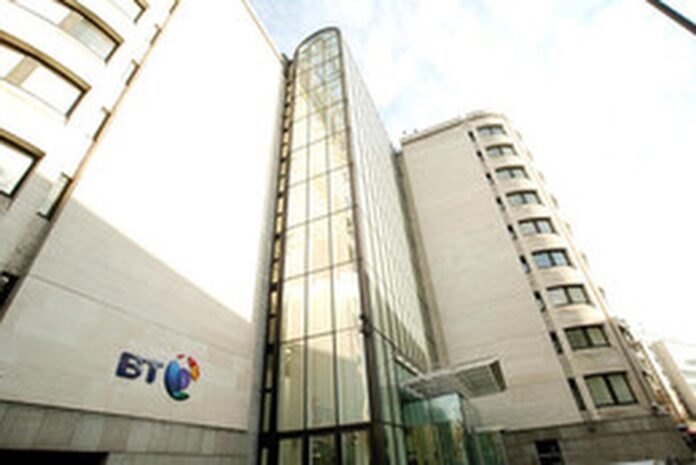The Japanese telecoms giant, NTT, is set to open its international headquarters in London as part of the plan to expand its global presence.
There has been no official announcement – that is expected in July – but British government officials have announced the move while Jeremy Hunt, the British Foreign Secretary, is visiting Tokyo. Mr Hunt held talks with top management of NTT group as well as the Japanese Prime Minister, Shinzo Abe.
NTT is the world’s eighth largest telecom group by market capitalisation (as of mid-March 2019) and competes against Softbank and KDDI in its home market under the DoCoMo brand. However, NTT has massive international infrastructure and businesses; NTT Communications is the second largest data centre owner in the world and it also own Dimension Data, which offers technology services.
In August last year, the corporation announced it is to merge Dimension Data, NTT Communications and its cyber security unit into a single international unit, NTT Inc. by the end of the first quarter of 2019.
In a statement at the time, the company said, “We’ve seen rapid progress in technology innovation; disruption caused by new business models, and the aggressive expansion of innovative competitors.
“These factors have led to clients’ increasing demand for digital transformation. We believe it’s an opportunity for us to create new value and increase our presence in the global market”.
Sharp contrast
Assuming the British officials have got it right, NTT basing its international HQ in London is in sharp contrast to the BT, which plans to sell its iconic HQ building (pictured), close to St Paul’s Cathedral, and leave central London to raise and save money.
Moving out of its long established HQ, and other unspecified locations, is part of the recovery plan BT announced in May 2018, along with the loss of 13,000 jobs.
BT Global Services contributed in large part of the former UK monopoly’s plight through an accounting scandal in Italy that came to light in 2016, and damaged both the operator’s reputation and share price.
Prior to that particular scandal, BT Global Services, along with a number of other telcos, has failed to achieve the desired scale and profitability from selling networking and technology services to multinational clients around the world.
It has the lowest level of profitability of any BT division, according to BT Group’s own key performance indicators.



